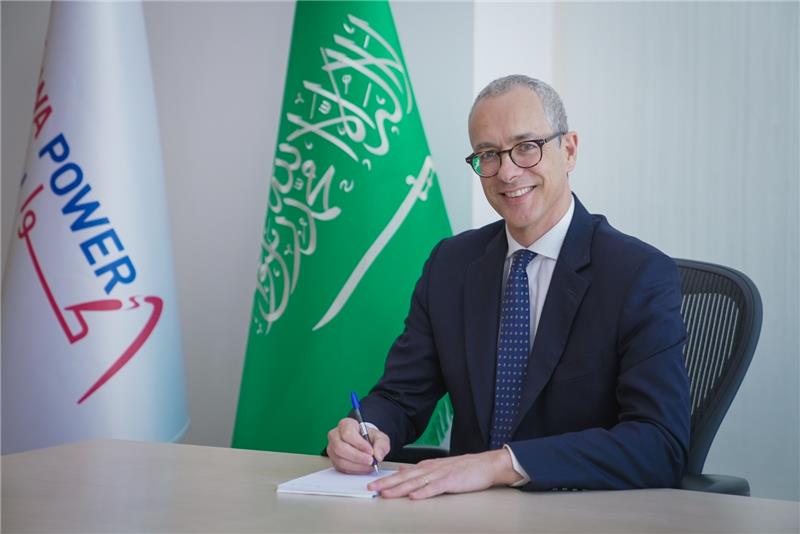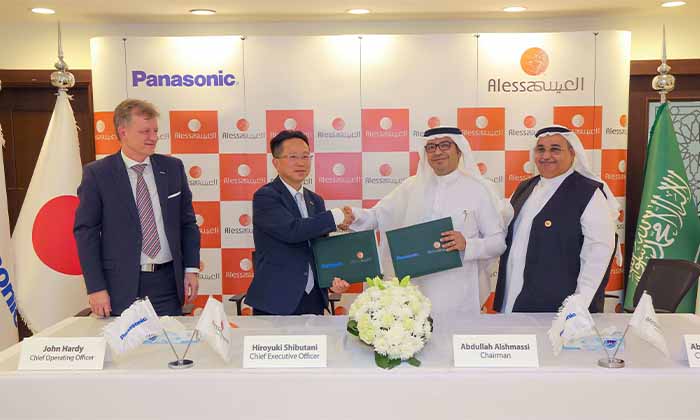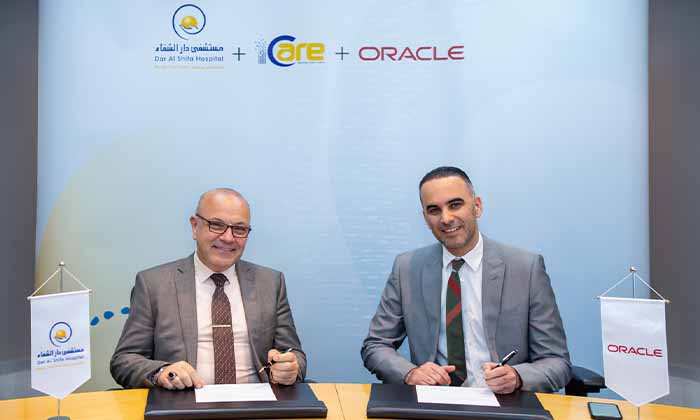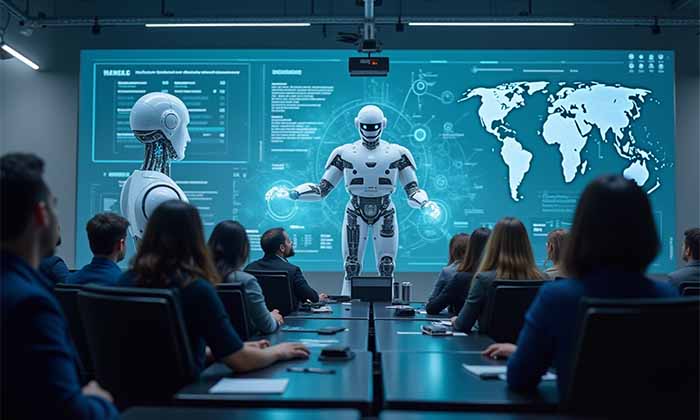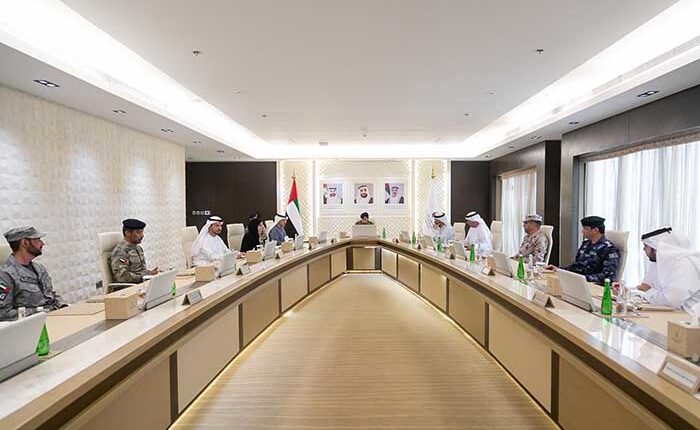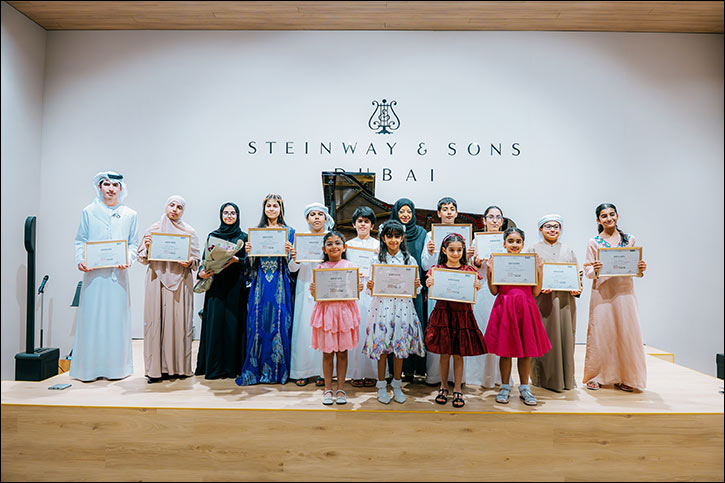– By Claudio Muruzabal, SAP President for Southern Europe, Middle East and Africa
For the past 18 months, the business world has been so focused on Covid-19 that it’s taken its eye off the other C-word – CSR, or corporate social responsibility. But you can write this down and take it to the bank: the enterprises that will thrive in a post-pandemic world will be those that put the societal element of sustainability at the core of their business strategies.
Before the pandemic, many companies could get away with an old-school approach to CSR and how they engaged and managed their people. They would bring out pretty reports and say smart things about being a socially responsible business. They would put up posters proclaiming bold visions and values, but not live them every day. Now they’re being challenged to ensure their ongoing relevance in a completely different world.
What do I mean by that? We know that the business world has changed irrevocably. Companies that still want to be in business in the next 10 to 20 years will have to wake up to the fact that to create long-term value, they will have to align their goals with those of the communities in which they operate. They will have to get used to the idea of working not just for their shareholders, but also for employees and their communities, as well as the planet. The days of chasing short-term gain at the expense of long-term value are rapidly receding in the rear-view mirror.
But here’s the thing; social responsibility doesn’t have to just tick compliance boxes. The fact is that working to address humanity’s greatest risks, especially inequality, offers real business opportunities to savvy enterprises with an eye on the future. And the businesses that are going to stand out over the next decade will be those who see market opportunities in social responsibility, and develop business models, products and services that have societal elements and sustainable practices baked in, as it were.
In September 2015, world leaders adopted the United Nations Sustainable Development Goals – or the SDGs, as they’re commonly known. They talk directly to our responsibility to innovate with purpose to create a world without poverty, a healthier planet, and a just, peaceful society by 2030. At SAP, we stand for this higher purpose beyond economic success.
We help countries, private and public sector organizations, and ordinary citizens control risk, achieve regulatory compliance, use resources efficiently, measure and reduce emissions and innovate new business models to thrive in the digital and experience economy. Our solutions help eradicate slavery from supply chains, propel a low-carbon, zero waste and circular economy, eliminate inequality, and educate people who never had the chance to enter a classroom.
What we’ve learned, though, is that meaningful contributions to the SDGs require tangible connections between an activity or tool and the intended social, environmental, and economic impact. There must be a material link between our own operational activities and the impact we can have as a company. Otherwise, the story becomes arbitrary.
How do you make these links? For a start, you actively engage with issues like educating and upskilling your own employees as well as the youth. You find ways to promote and increase diversity in the workforce and ensure that every employee has access to the same development opportunities, because successful businesses better reflect the diversity of society and the customers they serve.
At SAP, for example, we are engaged in several initiatives to actively grow local talent pools in our business through intensive accelerator training programs for employees at various stages of their careers in sub-Saharan Africa. In Turkey, Francophone Africa, Israel, Portugal and Spain, our ‘Women in Leadership’ program is helping women improve their management skills. We’re also collaborating with the Red Cross in Spain to deliver technological skills to women who are at risk of social and work exclusion. In Italy, we have launched an initiative for women aimed at creating a series of debates on different themes (such as the gender gap, female leadership, empowerment and work-life balance) to develop concrete plans to drive transformation. And last but by no means least, in the Middle East, our Businesswomen’s Networks are acting as significant catalysts for progressive change.
Being sustainable also means leading with agility and a growth mindset. Your business continuity may depend on your ability to reskill and upskill your workforce for a digital age, but it’s more important than ever to include the human skills of empathy, flexibility and stress management in that upskilling. Simply put, the more you focus on your people and your societal responsibilities, the more successful you become.
It almost goes without saying that the most resilient companies today are those who are embracing technology to transform their business processes. If Covid-19 showed us anything, it’s the urgent need for every company in the world to become an intelligent enterprise as soon as possible. Technology is the glue that holds everything together and allows us to make smarter decisions that support a sustainable future with society at its heart.
Speaking at SAPPHIRE NOW earlier this year, SAP CEO Christian Klein painted a bold vision for the future, where connected intelligent enterprises will reinvent how businesses run: “We will jointly build networks with you that champion diversity, inclusion, and human rights. We will make carbon footprint tracking available in the business network so that you can go to true next zero. Together, we can reinvent how industries run by connecting intelligent enterprises into an industry-wide business network … making profitability sustainable and sustainability profitable,” he said.
Read that again: making profitability sustainable and sustainability profitable. That’s a mantra I can get behind as we look to a better future for all.

